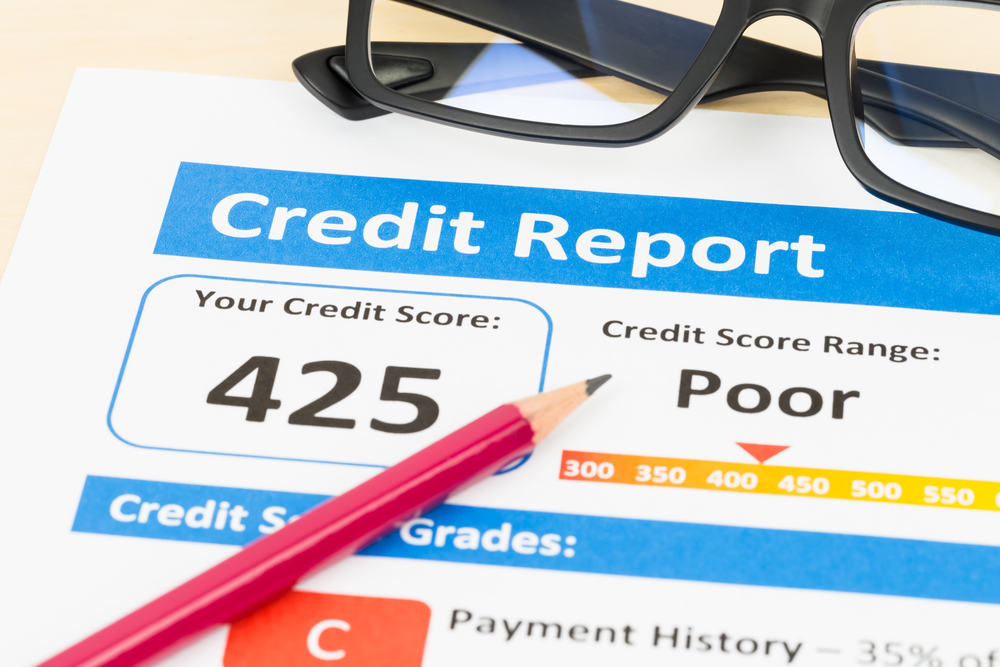Hard Money Private Lenders Are Here To Help
A hard money private lender will give you a loan that many inflexible lending institutions won’t approve. If a hard money loan is the best way for you to finance a project, start a business, buy a house, or a host of other things, this is for you. Read on to discover how hard money lenders are here to help you.
Why Hard Money Lenders Help Others
Private hard money lenders are real estate investors who want to fund certain kinds of purchases. These borrowers are often real estate flippers, small business owners, and people trying to complete a project. The liquidity of private hard money lenders is their best asset. It’s the private lender’s liquidity that allows them to diversify their portfolios by lending money to unique business opportunities.
There are even crowdfunding companies, like Groundfloor Finance out of Atlanta, that are joining the movement. Groundfloor Finance combines the funds offered by smaller investors in the industry. In 2019, the average amount of hard money loans combined came to $12 million a month.
Jeffrey Tesch manages another hard lender company out of Connecticut called RCN Capital. “RCN should loan out $500 million this year. Business is better than ever, but it’s in the workforce segment,” he says.
The Concrete Tangibles in Hard Money Private Lenders
In the simplest definition, private hard money lenders are people who have large amounts of money to invest. These lenders have the intent to loan money to people with ascertainable financial projects. Hard money lenders will decide on your loan application in as little as one day, although many can take seven to ten days. That’s far less than traditional financial institutions can offer.
The hard money private lender is interested in projects, businesses, or people with solid plans and an attainable goal. They do require collateral, which can be anything from your car or boat to your home or property. They will look at your credit and job history, but they’re more interested in your collateral for the loan.
Hard Money Private Lender: Follow the Rules
The best hard money private lenders want to build a long-term relationship with you. They’re somewhat flexible with people they know they can trust. If you establish a good relationship with them, they’re more likely to partner with you on your next project or business idea.
If you used your home as hard collateral, private money lenders are bound by the Dodd-Frank Wall Street Reform and Consumer Protection Act law. This law encourages hard money private lenders to extend loans to borrowers in real estate.
The Dodd-Frank law regulates what most private lenders can loan you with your home as collateral. The hard money private lender can loan you up to 70% of the fair market value of your home. On average in the U.S., Americans have over $15.2 trillion in home equity. That can make for some great hard money private loans.
Example
Typically, the hard money lender will give you a loan of up to 70% ARV (after repaired value) of your home. For example, say you have a home worth $45,000 that needs $20,000 in repairs. You expect the home to be worth $100,000 after the repairs are complete. That means, the hard money loan may be for up to 70 percent of $100,000, or $70.000. The $70,000 covers your house and repairs.
If you don’t pay back the loan on time, the hard money private lender has the option of taking your property and selling it. It’s prudent to be honest with your hard money lender. Let them know the true value of your property or other collateral you’re using. Give the private lender a financial or business plan on what you want to do, and how you’re going to do it. Let them know how you’re going to come up with the rest of the money you may need.
Final Thoughts
No matter the amount of the private hard money loan, have a lawyer review the terms for peace of mind. If you’re comfortable with the loan terms and are confident that you can pay it back on time, a hard money loan may be right for you.
Sources
https://www.congress.gov/bill/111th-congress/house-bill/4173
https://fisher.osu.edu/academic-departments/department-finance/dice-center/working-papers









